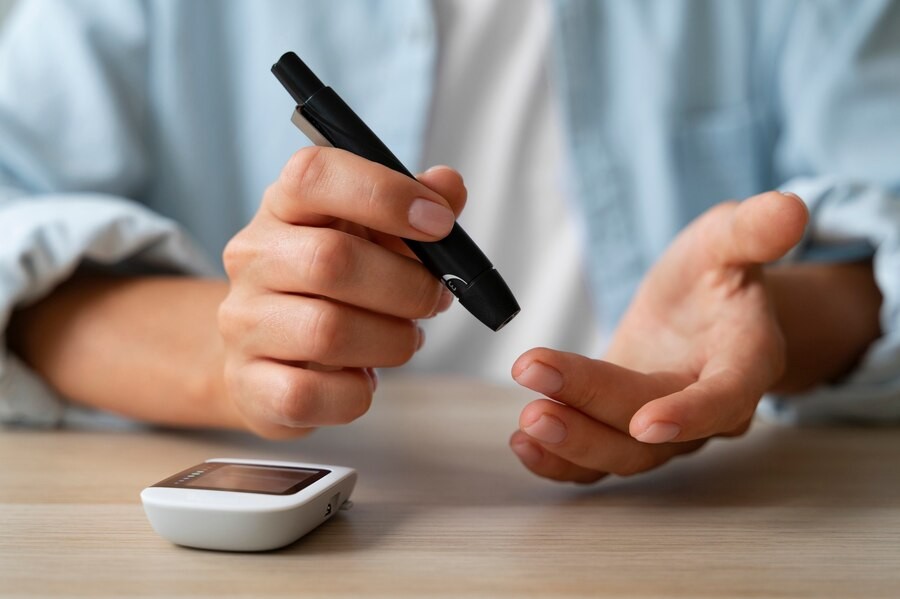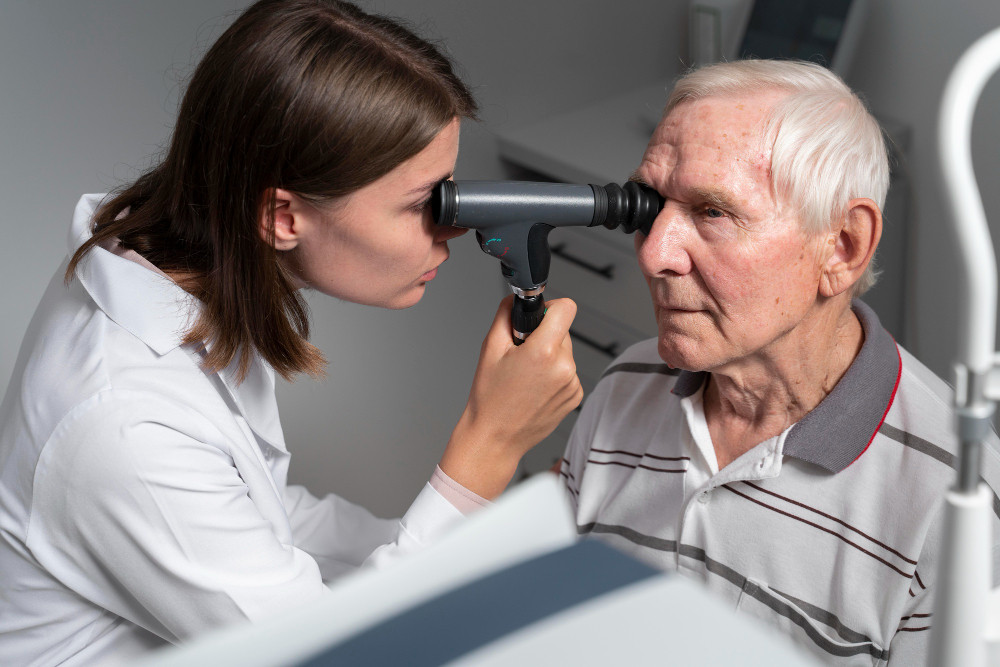Diabetes is a condition characterized by elevated blood sugar levels. Many individuals with diabetes are prone to sleep disturbances at night, which can leave them feeling unrested, fatigued, and drowsy throughout the day. How can people with diabetes overcome these sleep issues? Check out the review below.
Sleep Disorders in People with Diabetes
Research shows that diabetes and sleep disorders are closely connected. Sleep disorders have been linked to high blood sugar levels in people with diabetes and prediabetes. Conversely, those with type 2 diabetes are more likely to experience sleep disturbances due to fluctuating blood sugar levels.
Sleep disorders in people with diabetes can include trouble falling asleep, difficulty staying asleep, or oversleeping. These problems may arise from blood sugar levels that are either too high or too low.
When blood sugar is high, frequent urination can disrupt sleep, causing people to wake up to use the bathroom. High blood sugar also pulls water from body tissues, leading to dehydration and waking up to drink water. Conversely, low blood sugar levels can cause dizziness or tremors, further disrupting sleep.
Aside from these mechanisms, several specific sleep disorders are commonly experienced by people with diabetes, such as:
Sleep apnea
Sleep apnea occurs when breathing repeatedly stops and starts during the night. This disorder is common in those with type 2 diabetes and is characterized by feeling tired during the day and snoring at night.
Restless leg syndrome
Restless leg syndrome causes a constant urge to move the legs, often happening at night and making it hard to fall asleep.
Insomnia
Insomnia involves difficulty falling asleep or staying asleep. Those with high levels of stress, coupled with high glucose levels, are more at risk of developing insomnia.
How to Overcome Sleep Disorders in People with Diabetes
A lack of sleep can lead to both cognitive and physical impairments. Here are several strategies that can help people with diabetes achieve better sleep:
Therapy or treatment
Treatment for sleep disorders should be tailored to the specific issue. For people with diabetes who suffer from sleep apnea, doctors may recommend a breathing device to keep airways open and prevent snoring. Restless leg syndrome can be managed with medications suited to the symptoms.
Implementing a healthy sleep routine
To improve sleep quality, people with diabetes should adopt a healthy bedtime routine, including:
- Keeping the bedroom clean
- Reducing gadget use before bed
- Keeping the bedroom tidy
- Ensuring the room temperature is comfortable (neither too cold nor too hot)
Reducing caffeine, cigarettes, and alcohol intake before bedtime
It's essential to avoid consuming stimulants like caffeine or alcohol before bed. Caffeine can cause sleeplessness, while alcohol raises blood sugar levels, and it takes around two hours for the body to metabolize alcohol completely.
Regular exercise
Regular physical activity can promote better sleep and support smoother metabolic function. However, avoid intense exercise right before bedtime, as this can have the opposite effect and make it harder to fall asleep.
People with diabetes are particularly vulnerable to sleep disturbances. If you have diabetes and are experiencing sleep issues, regularly monitor your blood sugar levels and consult a doctor for guidance. You can also access consultation services through the Ai Care app, available on the App Store and Play Store.
Want more information about other diseases? Click here!
- dr Nadia Opmalina
Purdie, J. (2021). How Does Diabetes Affect Sleep?. Available from: https://www.healthline.com/health/diabetes/diabetes-and-sleep
Pacheco, D. (2023). Lack of Sleep and Diabetes. Available from: https://www.sleepfoundation.org/physical-health/lack-of-sleep-and-diabetes
WebMD Editorial Contributors. (2024). Type 2 Diabetes and Sleep. Available from: https://www.webmd.com/diabetes/type-2-diabetes-sleep
Welch, A. (2022). 8 Ways to Sleep Better When You Have Diabetes. Available from: https://www.everydayhealth.com/hs/type-2-diabetes-care/sleep-better/












